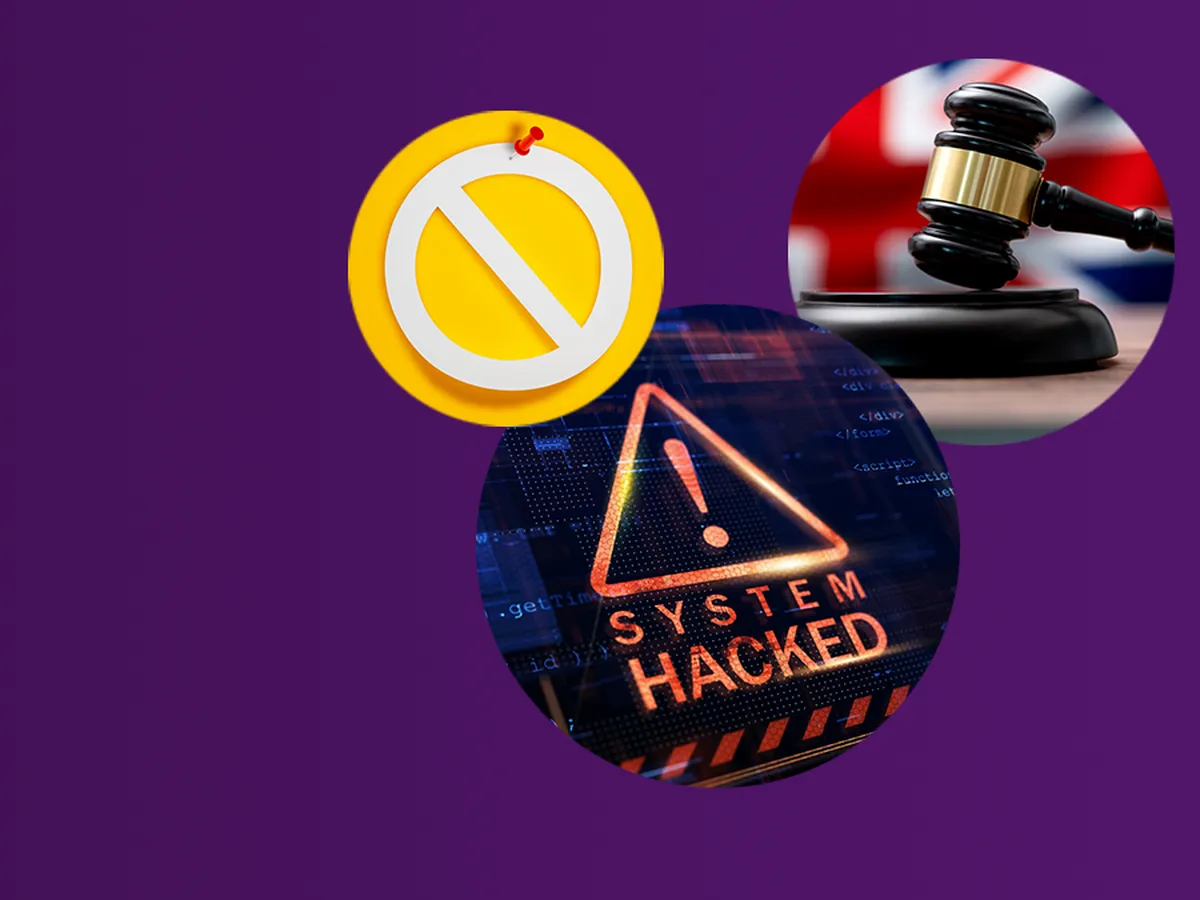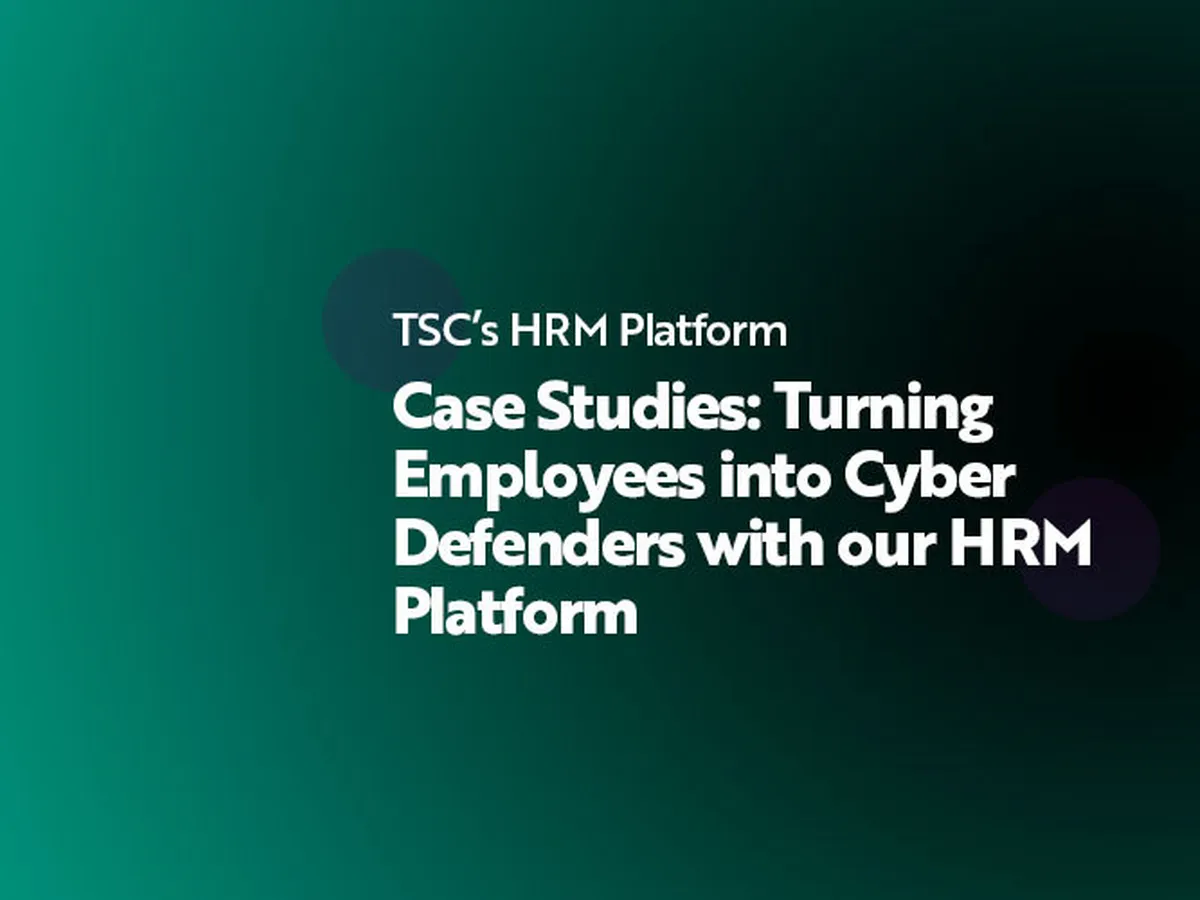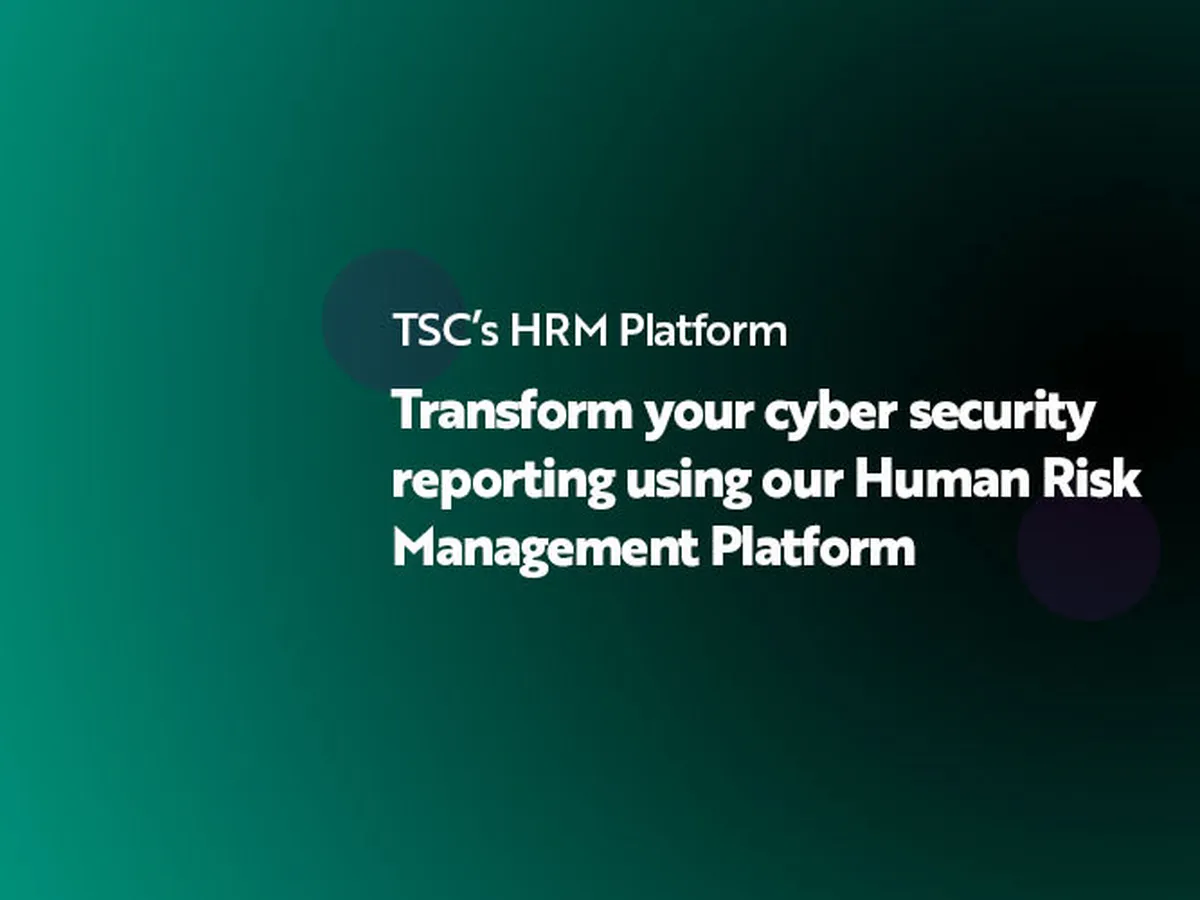
- Ransomware
- 8 min read

Christmas is the time to celebrate with family and friends. But it's also prime time for cybercriminals. Have a cyber secure Christmas by following this advice.

As the year ends, our spending skyrockets as we look for those perfect Christmas presents and seek out sales bargains. The triple treat of Christmas, Black Friday and Cyber Monday sees us spending more than at any other time of the year — much of it online.
But take care that the treats don't become threats.
You need to be vigilant, especially at this time of year. Cybercriminals understand that people 'in a hurry' behave more rashly and take fewer precautions. This makes these different types of cyberattack more effective.
Preparing for the busiest time of the year, it's a good idea to remind yourself of the cyber secure behaviour that you have been trained in. Include your family members in this. Take time to check they know how to cyber-protect themselves in the run-up to Christmas.
To give you a hand, we’ve rounded up some common cyber-attacks to be aware of, including tips on how to avoid them:
The internet is awash with seemingly genuine websites offering in-demand products. These fake websites often have URLs and names which seem genuine. However, look closely and there will often be incorrect characters. It only takes a ‘0’ instead of an ‘O’ and a customer could be sending sensitive banking information or card details directly to a fraudster.
Top Tip: Always double-check the URL on a website, and take time to spot character differences (such as an i replaced with a l or a 0 in place of an O).
Ransomware attacks are now back on the rise. The rapid digitisation of many businesses during the pandemic has left many with vulnerabilities. Companies as large as fitness technology firm Garmin have paid millions in ransomware attacks. WatchGuard Technologies report that ransomware attacks are on target to be 150% up by the end of 2021.
Top Tip: Enforce the principle of least privilege between peers and companywide. It’s essential to only share documents and information with verified parties.
In 2019, one-third of all shopping in the UK was done on mobile devices. Cybercriminals are focusing their attention on mobile hacks and malware. In 2020, Microsoft’s 365 Defender Research Team found a new kind of Android malware significantly more sophisticated than ever before. It fully disabled any device and required the owner to pay a ransom to gain access and control again.
This kind of technology is becoming more common. It is important to keep best practice in mind when using mobile devices. This includes avoiding making purchases on public Wi-Fi and ensuring the use of complex passwords for all mobile apps and shopping accounts.
Top Tip: Ensure all of your computers, phones, tablets and software are up to date. Most updates contain vital security patches.
A large chunk of cybercrime applies the technique of social engineering. Essentially, this is deceiving victims into giving away personal information which is then used to commit a cybercrime against them. Phishing is a classic example. Cybercriminals are looking to evoke an emotional response — usually trust or fear — that encourages action. That's why they can be so tricky to spot and avoid.
Sometimes, people simply give away their personal information without thinking. Watch this video on why you should always keep your privacy settings up to date:
Top Tip: As with most things in life, it's best not to act in haste or on emotion alone. Before acting, take a couple of seconds and reassess your decision. Considering your action can avoid real problems.
For more detailed information on what to look out for and how to act in a cyber-secure manner, contact your information and cybersecurity team.
Wishing you all a cyber safe, wonderful and happy festive season!



© The Security Company (International) Limited 2025
Office One, 1 Coldbath Square, London, EC1R 5HL, UK
Company registration No: 3703393
VAT No: 385 8337 51


